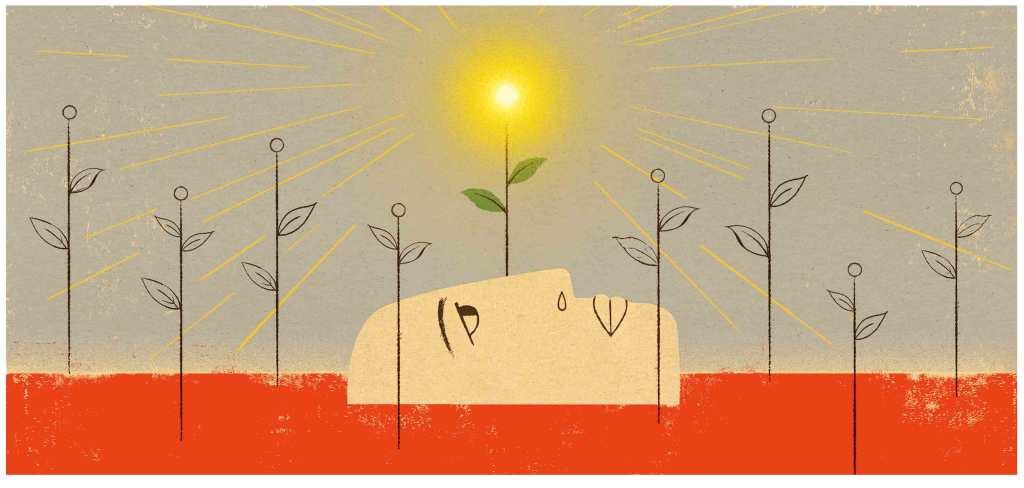
To make a living, most people in the developing world depend on selling the things they produce to the private sector. And too many of them—including many who grow, for example, the coffee for our lattes and the cocoa for our favorite chocolate bars, products we buy under major brand names—live in poverty and struggle to provide for their families’ basic needs.
As I explain in this video we produced for our Ford Forum, the Sustainable Food Lab is helping companies understand that the livelihoods of the farmers who grow their products are not incidental to the viability of their supply chains—in fact, they are integral to it. If farmers do not earn a sustainable living from the crop the company is buying, they may shift to another crop or eventually give up farming altogether. The Lab is asking: What information do companies need in order to manage their supply chains effectively? What do the farmers need to get by and reinvest in their land? How can both be satisfied in ways that are mutually beneficial? The video introduces a family of farmers in Nicaragua who grow coffee for Keurig Green Mountain, and shows how the Sustainable Food Lab is working with the company to improve farmers’ living conditions—and why doing so is in everyone’s interest.
The Lab’s work is about enhancing the livelihoods of individual farmers and improving business practices, but it’s not limited to a specific industry. It is focused on learning what works in one business and replicating that knowledge elsewhere in an effort to improve business practices more widely. That kind of systems change is a big part of what guides our support: We invest in organizations that are not only improving people’s daily lives, but are seeking to transform how the world does business.
Our Forum captures a range of thinking about how to do this and why it matters. Otto Scharmer, senior lecturer at the MIT Sloan School of Management, points to the Sustainable Food Lab as a prime example of the importance of trust and collaboration between corporations and nonprofits. The Lab, he says, “is making the entire supply chain more visible, more transparent and also more equitable, to some degree….It doesn’t mean that all the problems are solved. But it is an example of how innovation can happen or begin to happen at the scale of the whole industry and not only in small pockets.”
Through his work as president of Oxfam America, Raymond Offenheiser explains that he and his colleagues have learned that the best way to influence companies is through their core business operations. Value chains and supply chains, he says, are “a point of entry where we could find common language with the companies to talk about how profits were made, how wide their margins were and what the difficulties were in the functioning of their business—and, at the same time, challenge them to be more effective in protecting human rights and doing no harm through the execution of those supply chains.”
Meanwhile, UN Special Rapporteur on the Rights of Indigenous Peoples Victoria Tauli-Corpuz reminds us that in their engagements with the market, communities must have the power to make their own decisions. “We believe we have the right to determine our own economic, social and cultural development because we have lived on and nurtured these lands since time immemorial,” says Tauli-Corpuz, who comes from a community of indigenous people in the northern part of the Philippines. Whether communities are self-sustaining or others choose to work with large corporations, they have an opportunity to help the private sector understand why human, economic and social rights are important business concerns.
In the coming weeks, I’ll be taking part in an online video chat to dig into some of the ideas outlined in the Forum and the questions they raise when it comes to doing business in a global world. We’ll announce details soon, and I hope you’ll join us.
